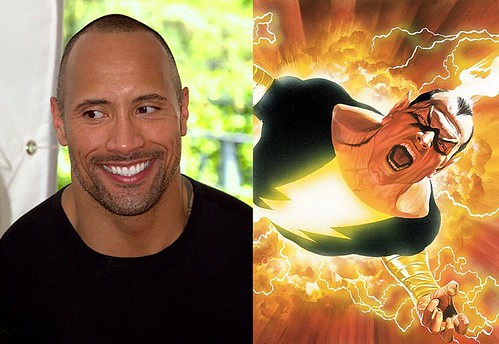The subject is more serious than previous episodes, but it’s still something that should be discussed. Everything points to it still being a man’s world, but is that something that needs to be changed? Gustavo Olguin and Larissa Morales give their insight into the issue.
Olguin: Hey, welcome to Talon Talks. I’m Gustavo Olguin.
Morales: I’m Larissa Morales
Olguin: This week we are going to discuss, is it a man’s world still? I know that this is something Larissa strongly feels about. So I’ll let you go ahead and start it off.
Morales: Well I read an article from the Sydney Heard and in 2006, apparently men still earned nine percent more an hour. In 2010, that shrunk down to right percent. So, how do you feel about that?
Olguin: Obviously, there is some progress being made. I know it’s only one percent, but one percent counting how many people the survey or study been taken, that’s a lot of people. So it is making some progress. I still feel that it is a man’s world and I feel that we are trending or going toward a future where it’s going to be more equality and less of the ceiling that they talk about, the glass ceiling for women’s pay. So I feel that it’s taking steps in the right direction. I know it’s going to take a lot longer than people want it to, but hopefully we end up in a day where there is no gender inequality when it comes to pay.
Morales: What if I told you that young women are still better educated than young men and that gap is widening?
Olguin: It’s kind of disheartening to see that young men are falling behind in terms of academics, but yet, men are still getting paid more. I don’t agree with that. I know that Iam a man, but at the same time I feel that there needs to be women’s equality. Especially if younger men are being less educated, there is no reason why they should get paid more as time goes on. According to the International Labor Organization, there were 24 percent of CEOs were women, but they were only making 74.5 percent as male CEOs. I know that you are the head of a company, but at the same time, just because you are a woman you are making less.
Morales: Of course there are times when you could have the same job, but for you, you can’t get pregnant. There are women that do get pregnant and they take the time off to work with their kids. Take care of them, take care of the house and take care of their husbands. So, they go back to work, the man is still here and she is never going to be as high as him. They still have the same years of experience, but he has a little bit more because he didn’t take that time off.
Olguin: I know that you are currently going to go through this within the next couple months, how do you look at that for right now?
Morales: It kind of makes me feel upset, because I put in a lot of work towards school, finishing and knowing that if I go back to work, I’m still going to make even less than my husband.
Olguin: I know that I am a man so I can’t see it through that perspective, but the way I would look at it is if; even if your family member or somebody close to you like your partner. They have the same job as a man that you don’t know and they are not getting paid the same. So put that into your perspective, somebody that you know that would be going through this to see what it really feels like. Obviously as the opposite sex, you can’t really know what it’s like, but take the chance of looking at it through the other glass. Money is money, that’s what you need and I know money can’t buy you happiness, but it can buy you a lot of things to make you happy. If you aren’t getting the same about of money, because this person has breasts and a vagina and this guy has a penis. If that’s what determines how much you get paid, then we have a messed up word these days.
Morales: I feel kind of sorry for my daughter.
Olguin: Hopefully by the time that she is grown up, there will be enough progress that the eight percent is down to zero or that it is close to zero.
Morales: I don’t think that there will ever be gender equality. There are different roles that men and women play and there is no way of getting around it. There are gender barriers and I don’t see them breaking.
Olguin: I know a lot of it has to do with historical, cultural and a lot of past experiences have led to what people believe in the future. I think that this is the only way, if we make the steps now to hopefully have some sort of gender equality. I agree with what you are saying, I don’t see that it will happen, but hopefully something along the line changes where we will have that equality and this topic will finally die.
Morales: To join the conversation, leave a comment in the comment section.
Olguin: Yeah let us know some of the arguments we may have missed. But first remember that you can like us on Facebook, follow us on Twitter and subscribe to our Youtube channel. Thank you for stopping by the nest everyone.

















